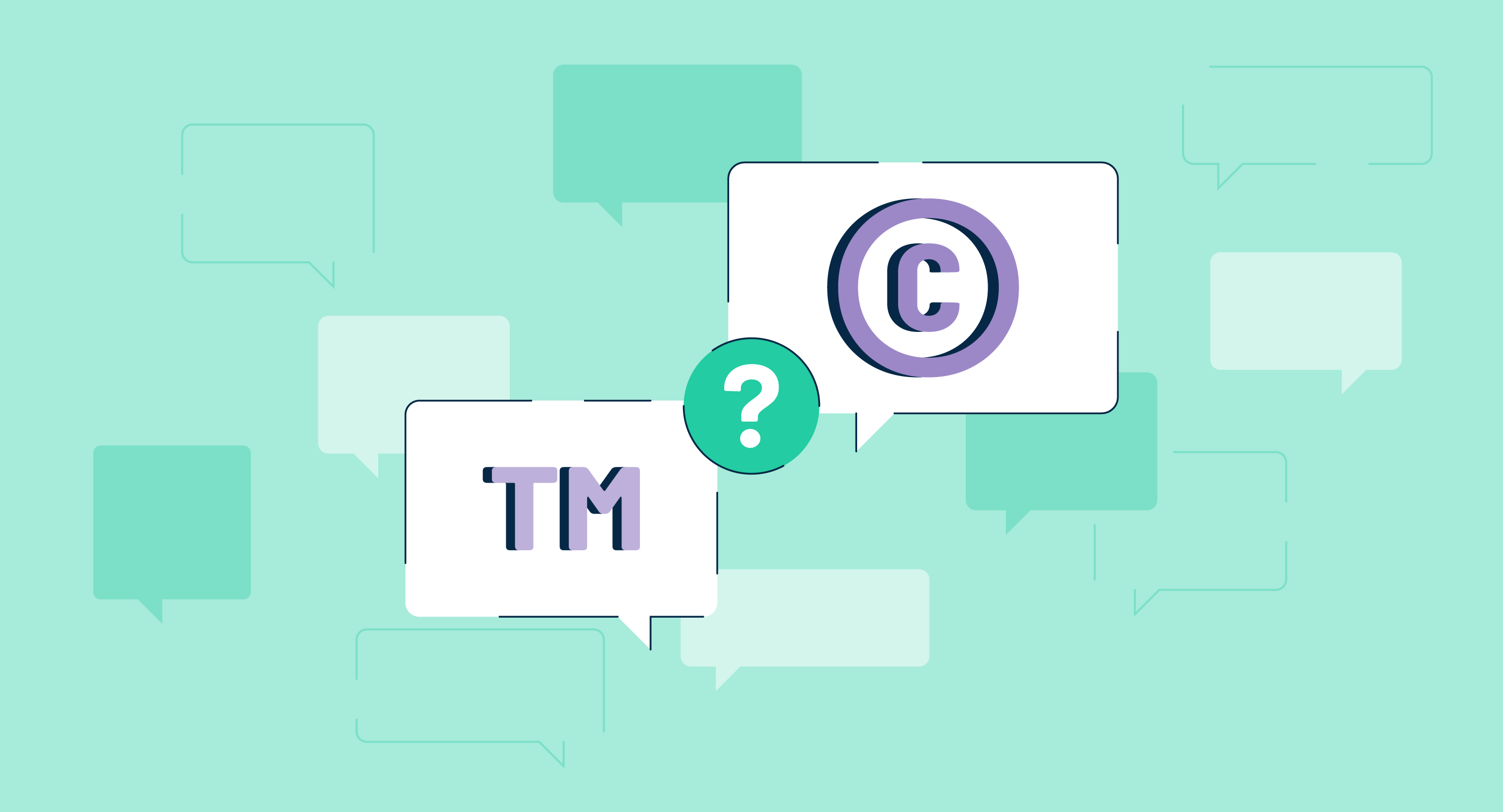What is docketing?
Docketing is a process for collecting and managing documents and deadlines. It’s most commonly used with intellectual property (IP) during the patent and trademark application process and by legal firms to manage client court appointments and documents.
Specialist tools are typically used to take care of these dockets, such as data privacy and intellectual property management software. This keeps any documentation compliant with data privacy laws such as the EU’s General Data Protection Regulation (GDPR).
Digitized docketing means that professionals can stay on track with important due dates and deadlines without having to record important information by hand.
Types of docketing
Many different industries use docketing as a means to manage their key dates.
- Lawyers often use docketing systems to manage cases, case documents, and court deadlines for their clients.
- Healthcare professionals turn to docketing systems to store medical appointments for patients, training for teams, and critical documentation. In many instances, these systems help patients receive care more efficiently.
- Government agencies use docketing for documents related to legal compliance or within their branch of the government.
- Intellectual property professionals are some of the biggest users of docketing. When patents or trademarks are filed, a lengthy legal process must follow. Docketing tracks important dates and manages documentation related to these trademark and patent applications.
Basic elements of docketing
While docketing systems change depending on the industry using them, most feature similar functions, including:
- Calendars. A simple calendar may be enough for many professionals, but others need more extensive systems that can manage hundreds, even thousands, of different dates at once. Some may be tied to specific clients or cases, while others may be general dates that businesses need to be aware of in their industry.
- Document storage. Particularly in legal, healthcare, and intellectual property, many documents require frequent reference. Good docketing tools allow for their management and access.
- Client forms. When businesses need to collect details from clients, forms can be especially useful. Since data management is a key part of docketing, forms that easily gather this information are usually built into the system to make it easier to give to clients.
- Communication tools. Emails get lost when various individuals are contacting a client about their case. Docketing tools often allow email uploads for sharing information across the team while tying them to a case. Many also have options for creating templates and scheduling pre-populated emails to send to clients at set intervals with status updates on their cases.
Benefits of docketing
Along with making teams more efficient and keeping data organized, docketing includes benefits such as:
- Maintaining document quality. Anything within the docketing system must comply with a certain standard of use quality. This refines all data within the system.
- Providing real-time updates. The dates and deadlines programmed into the calendar can automatically trigger different real-time actions. These could be alerts for an upcoming call with a client, an appointment with a legal team, or any other time-critical notification. Any documentation added to the system can also be reviewed as soon as a team member saves it.
- Lowering operational costs. With a system that can manage documents and schedules, there’s less need for a large administrative team to handle these tasks. Automation within the software can save hundreds of hours every year.
Best practices for docketing
Implementing an effective docketing system does take time, but can significantly improve the performance of internal teams. When thinking about updating or creating a docketing system, it’s important to consider:
- Choosing a system that’s right for the industry. Not every field needs every docketing feature. It’s vital that the right tools fit the needs of the business, whether that be high-level document management that can maintain files correctly or a calendar that alerts users of upcoming deadlines.
- Scheduling reminders. With many cases to handle at one time, it’s easy to forget due dates. In some cases, like IP or law, missing these dates can be an expensive mistake. Scheduling dates into the calendar as soon as they’re confirmed is the best way to keep up with important deadlines ahead.
- Running frequent reports. All docketing software should have reporting functionality built into the system. Running reports that look back at the previous month’s data and the upcoming month keeps the team aligned and ensures that all crucial work has been completed.
Maintain the most important files and manage multiple client cases while staying compliant with data privacy management software.

Holly Landis
Holly Landis is a freelance writer for G2. She also specializes in being a digital marketing consultant, focusing in on-page SEO, copy, and content writing. She works with SMEs and creative businesses that want to be more intentional with their digital strategies and grow organically on channels they own. As a Brit now living in the USA, you'll usually find her drinking copious amounts of tea in her cherished Anne Boleyn mug while watching endless reruns of Parks and Rec.

